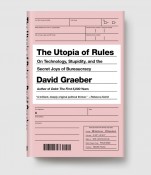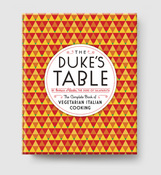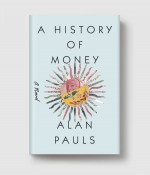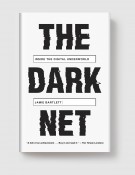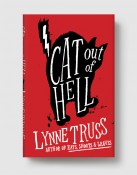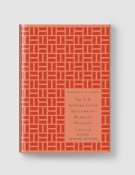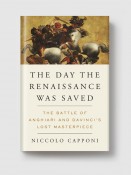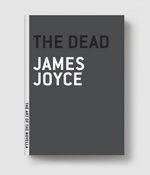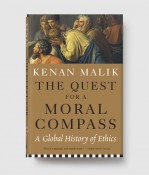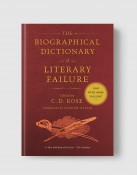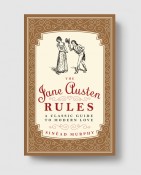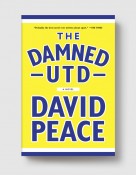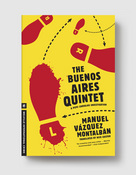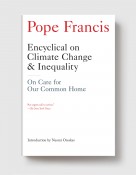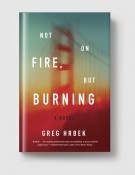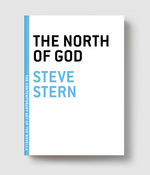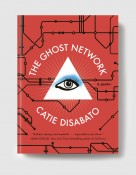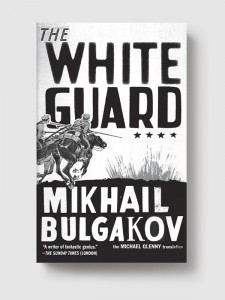
List price: $15.95
Buy
- Pages336
- ISBN 9781612193656
- Publication dateJuly, 2014
- Categories
- Booksellers
- Media
- Academics & Librarians
The White Guard
Mikhail Bulgakov
Michael Glenny
“A writer of fantastic genius.”—The Sunday Times (London)
“Great and terrible was the year of Our Lord 1918, of the Revolution the second.”
It is 1918: the Russian Revolution has just ended, Ukraine is in the midst of civil war, and in Kiev, the two Turbin brothers are preparing to fight for the White Guard in the wake of their beloved mother’s death. Friends charge in from the streets amid an atmosphere of heady chaos, downing vodka, keeling over, taking baths, playing the guitar, falling in love. But the new regime is poised for victory, and in its brutal triumph lies destruction for the Turbins and their world.
This novel, Mikhail Bulgakov’s literary debut, may in fact have saved the writer, whose works were often censored under the Soviet regime: Stalin was an avid fan of a play based on The White Guard and allegedly went to see it more than fifteen times. Michael Glenny was the first to translate Bulgakov’s works into English—this edition makes his deft, brilliant translation once again available for new readers.
“Bulgakov was unique, with a voice all his own.”—The New York Review of Books
Praise for The White Guard
“The effect of reading The White Guard wasn’t the only reason I left my job in Edinburgh in 1991 and moved to Kiev, but it was part of the reason. It was a shock to discover that a modern European city, unknown to almost all west Europeans, had been described with such love in literature, to find that a poetic imagination as harsh and lyrical as Mikhail Bulgakov’s had faced the surreal sequence of invasions and sieges recounted in the novel, and recounted their absurd horrors without flinching.” —James Meek, The Guardian
“One of the classical works of modern literature.”—C. P. Snow
“A portrait of a population under siege . . . Bulgakov’s novel evokes the suffering of [the Russian Civil War] and the still greater horrors that lay ahead.”—The Wall Street Journal
“Bulgakov unfurls great fictional canvases conjuring up the atmosphere and beauty of his beloved Kiev like Pushkin . . . But beneath the effulgent lyricism there sounds a chuckle of cynicism . . . His irony is both broad and finely honed.”—Newsweek
“Infused with a passion for the old city and for its people that catches the reader up in its sweeping intensity . . . His characters have a universality that has kept them alive for half a century.”—The New York Times Book Review

